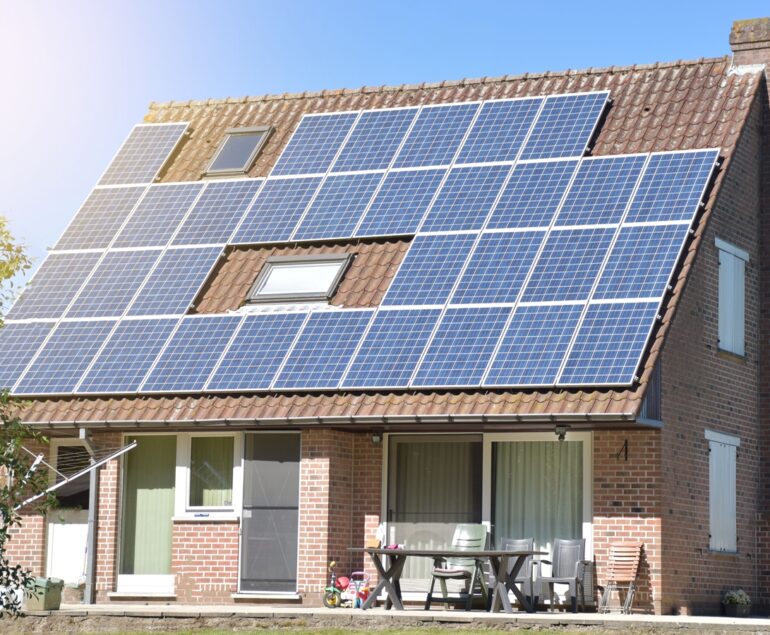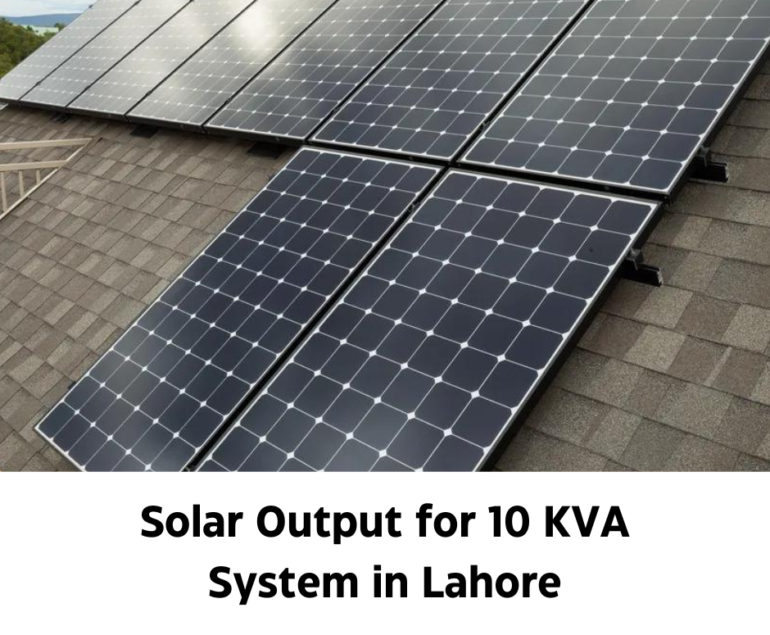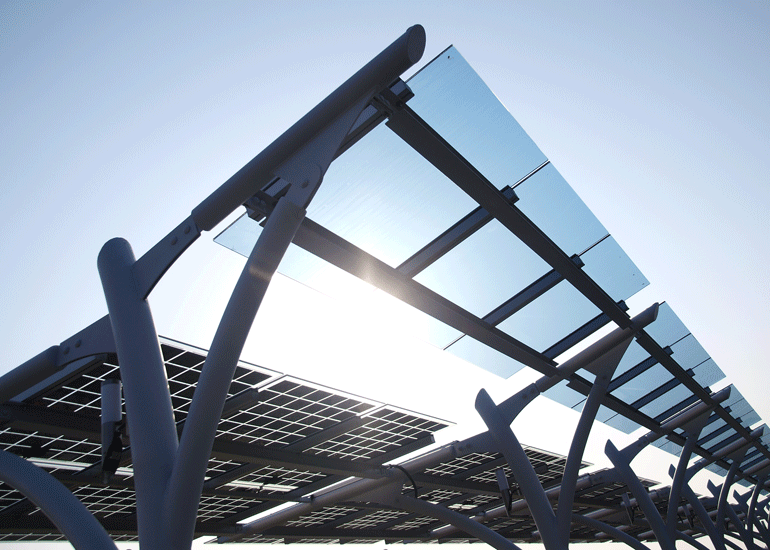Seasonal Efficiency of Solar Panels – Harnessing the Power of the Sun
Solar panels have revolutionized the way we generate electricity, offering a sustainable and renewable energy source. However, their efficiency can vary depending on the time of year and environmental conditions.
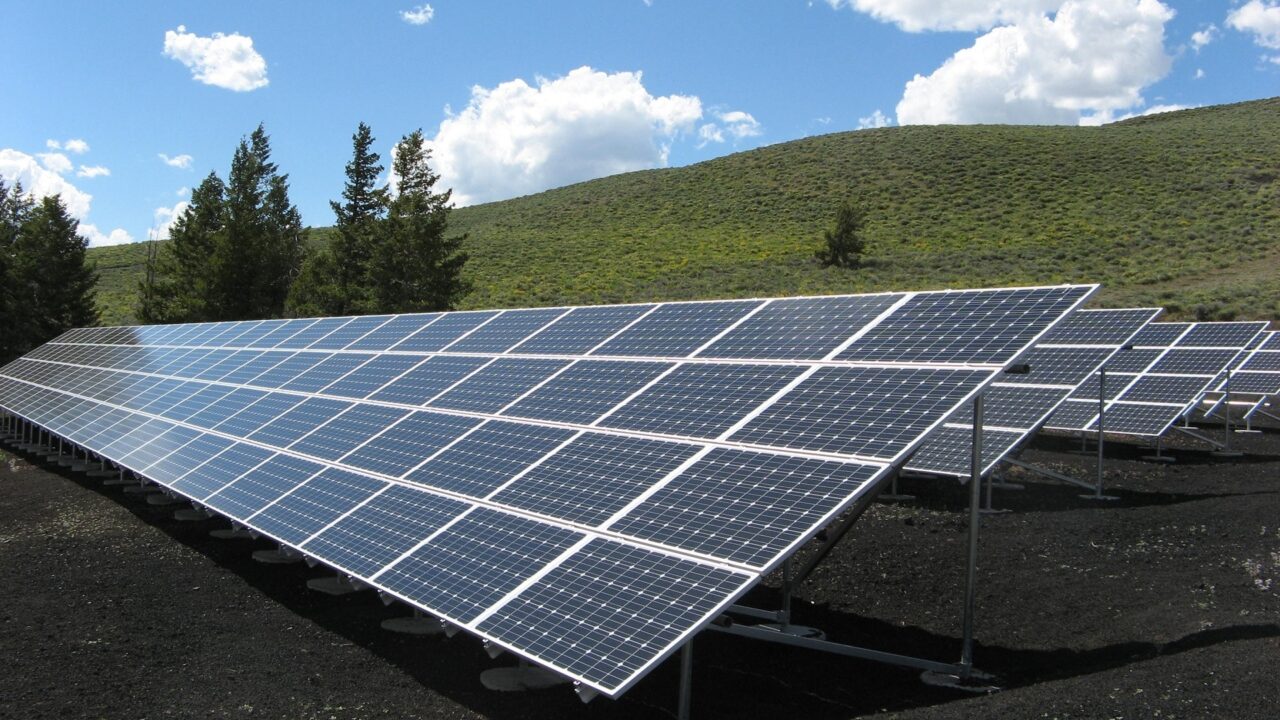
In this article, we will explore the seasonal efficiency of solar panels and how it impacts their performance. Discover how solar panels fare in different seasons, the factors influencing their efficiency, and how to maximize their output throughout the year.
Understanding Seasonal Efficiency
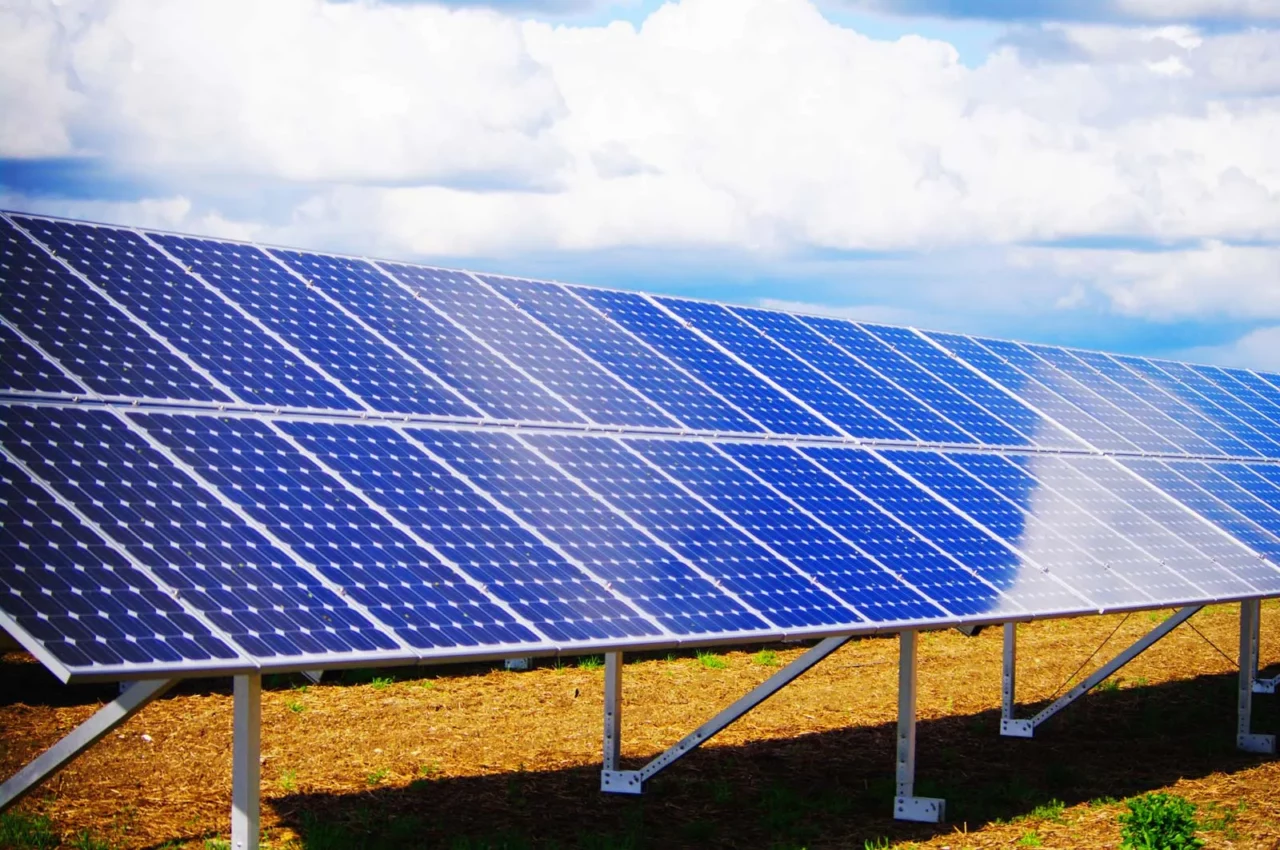
What is Seasonal Efficiency?
Solar panels convert sunlight into electricity through the photovoltaic effect. The seasonal efficiency of solar panels refers to their ability to generate electricity during different seasons.
As the sun’s position in the sky changes throughout the year, the intensity and duration of sunlight reaching the panels also vary. This directly affects the energy output of solar systems.
The Impact of Seasonal Changes
Solar panel efficiency is influenced by several factors, including the angle and orientation of the panels, temperature, shading, and the length of daylight hours. These variables change as the seasons progress, impacting the overall efficiency of solar panels.
Understanding these changes can help individuals and businesses make informed decisions when it comes to solar energy.
Factors Affecting Seasonal Efficiency
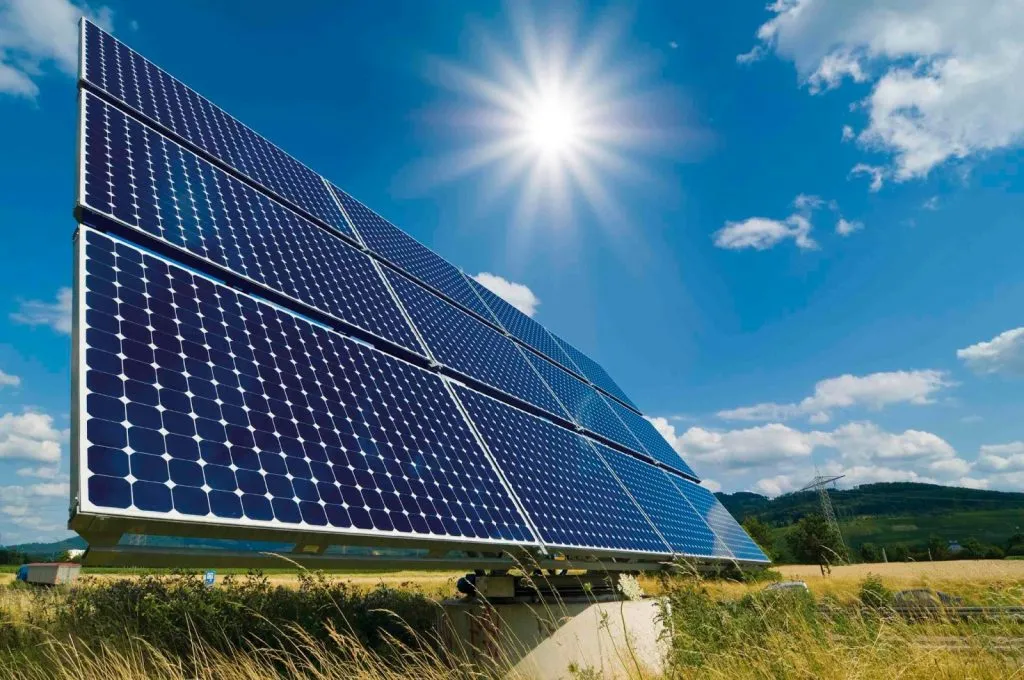
1. Angle and Orientation
The angle and orientation of solar panels play a crucial role in their performance. Ideally, panels should be tilted at an angle that maximizes sunlight absorption. In the Northern Hemisphere, panels are typically positioned facing south to capture the most sunlight throughout the year.
However, this optimal angle may vary depending on geographical location.
2. Temperature and Heat Loss
High temperatures can affect the efficiency of solar panels, as excessive heat can lead to power loss. Photovoltaic panels function more efficiently in cooler temperatures.
It is essential to consider proper ventilation and cooling mechanisms to prevent overheating and ensure optimal performance.
3. Shading and Obstructions
Shading is a significant factor that can reduce the efficiency of solar panels. Shadows from nearby buildings, trees, or other obstructions can obstruct sunlight, decreasing the energy output.
It is crucial to assess the surrounding environment and install solar panels in areas with minimal shading to maximize their efficiency.
4. Daylight Hours
The number of daylight hours varies significantly throughout the year, with shorter days in winter and longer days in summer. This directly impacts the amount of sunlight available for solar panels to convert into electricity.
During shorter days, it is important to optimize the system’s efficiency and maximize energy production during the limited daylight hours.
5. Atmospheric Conditions
Cloud cover and weather patterns also affect the seasonal efficiency of solar panels. Overcast skies reduce the intensity of sunlight, resulting in decreased energy production. However, even on cloudy days, solar panels can still generate electricity, albeit at a lower rate.
It is worth noting that some regions may experience more cloud cover than others, impacting overall efficiency.
Maximizing Solar Panel Efficiency Throughout the Year
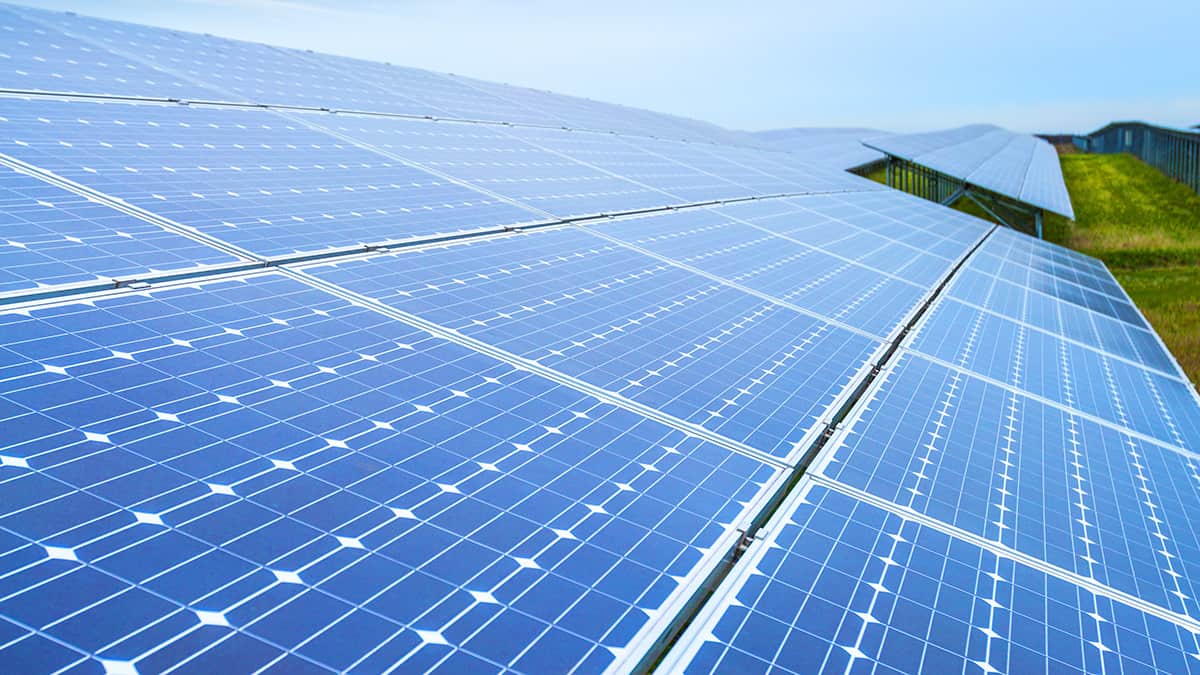
Regular Maintenance and Cleaning
To ensure optimal performance, solar panels require regular maintenance and cleaning. Dust, debris, and dirt can accumulate on the panels over time, reducing their efficiency. Cleaning the panels periodically, especially after periods of heavy rain or dusty conditions, can help maximize their output.
Seasonal Panel Adjustment
Adjusting the tilt and orientation of solar panels with the changing seasons can significantly improve their efficiency. By optimizing the angle, panels can capture more sunlight during specific times of the year, compensating for the variations in daylight hours and sun position.
Energy Storage and Grid Connection
In areas with significant seasonal variations, investing in energy storage systems, such as batteries, can ensure a continuous power supply during periods of reduced solar output. Alternatively, connecting solar panels to the grid allows excess energy generated during peak seasons to be fed back into the grid and used during periods of low solar production.
These options provide a reliable and uninterrupted power supply throughout the year.
Using Tracking Systems
Solar tracking systems are designed to follow the sun’s movement throughout the day, maximizing the amount of sunlight captured by the panels. These systems adjust the angle and orientation of the panels automatically, ensuring optimal positioning and increased energy production.
While they can be more expensive, solar tracking systems are particularly beneficial in areas with significant seasonal variations.
Optimizing Energy Consumption
Another way to maximize the efficiency of solar panels is by optimizing energy consumption within your home or business. Implementing energy-efficient practices, such as using energy-saving appliances, LED lighting, and smart home technologies, can help reduce overall energy demand.
By minimizing energy consumption, solar panels can cover a larger portion of your electricity needs.
Monitoring and Data Analysis
Regular monitoring and data analysis of your solar system’s performance can provide valuable insights into its seasonal efficiency. Many solar systems come equipped with monitoring software that tracks energy production and provides real-time data.
By analyzing this information, you can identify any issues, optimize performance, and make informed decisions to improve the overall efficiency of your solar panels.
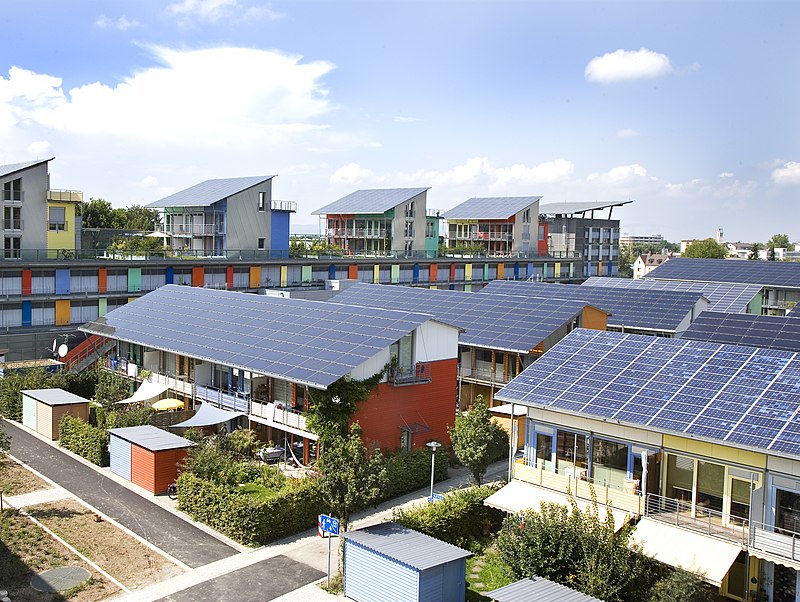
FAQs
How much does the efficiency of solar panels vary between seasons?
Solar panel efficiency can vary depending on factors such as sunlight intensity, temperature, shading, and daylight hours. Typically, panels exhibit higher efficiency during summer when days are longer and the sun is higher in the sky.
Do solar panels work during the winter months?
Yes, solar panels continue to generate electricity during winter. While their output may be lower due to shorter daylight hours and reduced sunlight intensity, they can still contribute to your energy needs.
Can shading affect the efficiency of solar panels throughout the year?
Yes, shading can have a significant impact on solar panel efficiency regardless of the season. It is essential to install panels in areas with minimal shading to maximize their performance.
How can I determine the optimal angle for my solar panels?
The optimal angle for solar panels depends on your geographical location. Various online tools and calculators are available to help you determine the ideal tilt and orientation for your panels based on your latitude.
Are there any government incentives for installing solar panels to offset seasonal variations in efficiency?
Many governments offer incentives and tax credits to promote the adoption of solar energy. These incentives can help offset the initial costs of installation and encourage the use of solar panels despite seasonal variations in efficiency.
Can I store excess energy generated during peak seasons for later use?
Yes, energy storage systems such as batteries allow you to store excess energy generated by your solar panels for later use. This ensures a continuous power supply even during periods of reduced solar output.
Conclusion
Understanding the seasonal efficiency of solar panels is crucial for harnessing the full potential of solar energy. By considering factors such as angle and orientation, temperature, shading, and daylight hours, you can optimize the performance of your solar system throughout the year.
Regular maintenance, adjusting panel positioning, and implementing energy-efficient practices can further enhance the efficiency of your solar panels. Embracing solar power offers a sustainable and environmentally friendly energy solution, allowing us to harness the power of the sun to meet our electricity needs regardless of the season.


